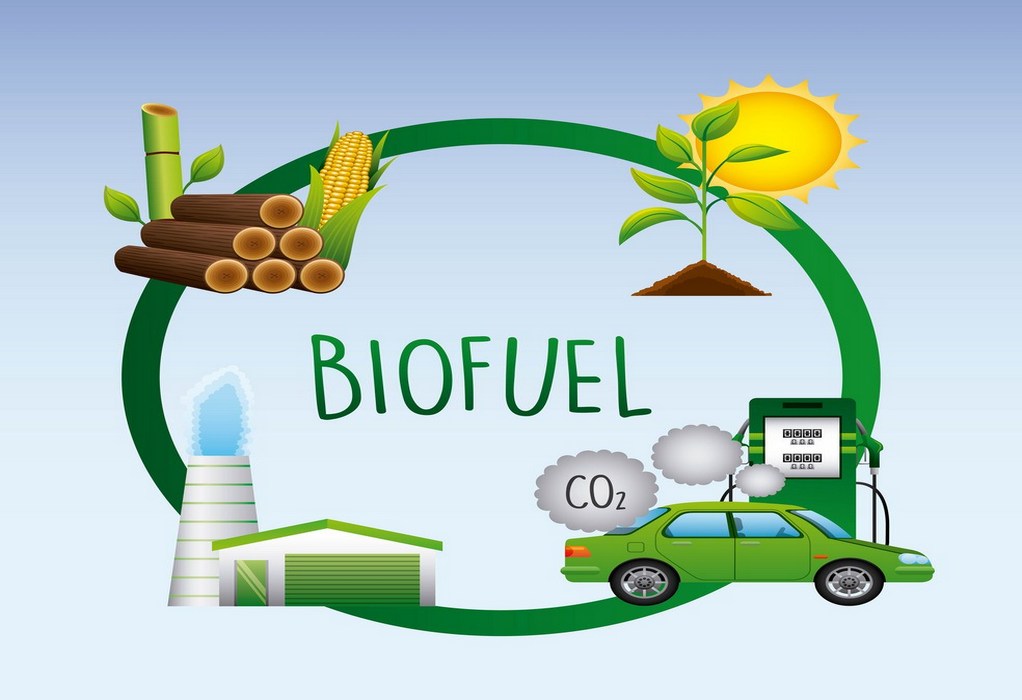EU ethanol biorefineries produced more food and animal feed than fuel in 2023, according to audited data by ePURE, the European renewable ethanol association.
ePURE members – representing 85% of EU installed capacity – and other European producers of renewable ethanol produced 6.5 million tonnes of food and feed co-products including high-protein animal feed and 5.08 million tonnes of renewable ethanol last year, according to the statistics.
Additional co-products included 1.46 million tonnes of captured biogenic CO2, another strategic domestic product that replaces fossil CO2 in beverage and greenhouse applications.
“Renewable ethanol biorefineries are a vital strategic asset for the EU,” said ePURE director general David Carpintero.
“As these latest figures show, European biorefineries help the EU to reduce carbon emissions, secure food systems, ensure energy independence and build agricultural and industrial autonomy. The EU needs to realise their full potential to help meet our carbon neutrality targets, strengthen our food systems and pave the way for a more sustainable future.”
All of the crops used by the audited biorefineries were grown by European farmers. 85.9% of the renewable ethanol produced was for fuel use. Of the remaining ethanol production, 6.5% was for industrial use including hand sanitiser, and 7.6% was for food and beverage use.
The audit also showed record-high GHG-saving performance of European producers’ ethanol – 79.1% on average compared to fossil petrol – making its use essential to transport decarbonisation by reducing emissions from the petrol and hybrid cars that will predominate on Europe’s roads for many years.
ePURE represents 41 member companies and associations with around 50 plants across the EU and UK. The statistics were compiled from ePURE members and other European renewable ethanol producers and certified by auditing firm Copartner.




Recent Posts
Hygenco Commissions Maharashtra’s First Green Hydrogen and Oxygen Facility to Power STL’s Net Zero Goals
India Invites Second Round of R&D Proposals Under ₹4 Billion Green Hydrogen Mission
BMTC Adds 148 Tata Electric Buses to Bengaluru Fleet, Strengthens Green Mobility Drive
MITSUI E&S Deploys Hydrogen Fuel-Cell RTG Crane at Yokohama’s Minami Honmoku Terminal
WinGD’s first ammonia-fuelled engine installed on EXMAR vessels
DP World and Asian Terminals Inc deploy first fleet of electric internal transfer vehicles in the Philippines
Lloyd’s Register Decarbonisation Hub Joins Mærsk Mc-Kinney Møller Center as Knowledge Partner
Wärtsilä engines selected to deliver reliable power for US data center